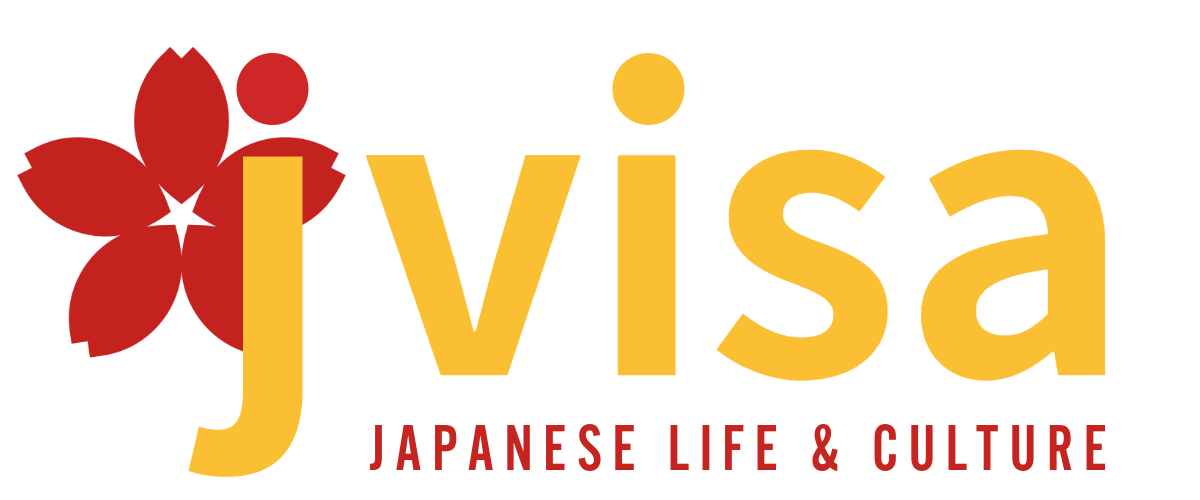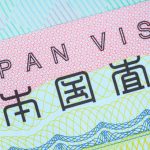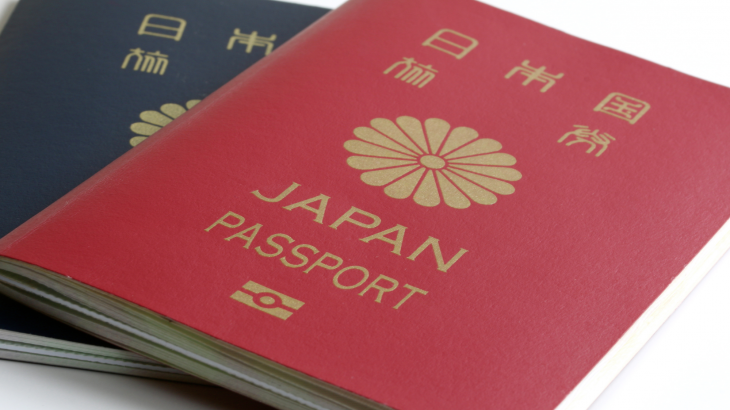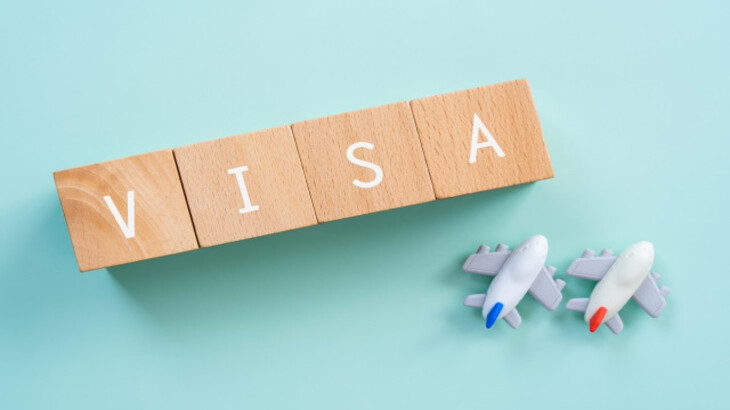In recent years, the foreign relations between Vietnam and Japan have been increasingly developing. This development brings many opportunities for young Vietnamese laborers to live and work at Japan. Currently, there are many forms of labor in Japan such as studying abroad, labor export, specific skills… Each form will have its own characteristics. In this article, jvisa will introduce to you important tips to receive an invitation to work as a skill internship trainee.
What is an intern (実習生)?
Intern (実習生), also known in full as technical intern (技能実習生), is the common name for foreigners when they participate in a technical internship program in Japan.
The Technical Internship System for Foreigners is a vocational skills training mechanism for foreign workers from 16 to 50 years old at Japanese enterprises as technical interns, help them master the skills they have learned into practice so that after returning home, they can apply the knowledge and skills they have learned and practiced to help economic and industrial development of your country. (Source: Japanese intern guidebook)
Stages of technical internship
There are 3 stages of technical internship:
Technical intern trainee No. 1: Duration 1 year
Technical intern trainee No. 2: Duration 2 years
Technical intern trainee No. 3: Duration 2 years
Skill Internship No.1: Conditions to obtain this status:
– Japanese language proficiency requirement: Possess a certain level of Japanese language proficiency (Equivalent to N5-N4 level).
– Skill requirement: Must pass a skill test organized by the Japanese authorities.
Skill Internship No. 2: Upon completing Skill Internship No. 1, trainees must take an examination to transition to the next stage and continue their internship at the accepting company as “Skill Internship Trainee No. 2”.
The total duration of these two stages is 3 years. Most professions apply to Skill Internship No. 2; however, there are also some professions that only go up to Skill Internship No. 1.
Skill Internship No. 3: This stage applies only to certain specific industries and depends on the requirements of the accepting company. Trainees will have to participate in an examination to transition to become Skill Internship Trainee No. 3.
However, most industries, after completing Skill Internship No. 2 (3 years), will return to their home country.
Additionally, there is a form of labor under the Specific Skills Program. However, this form requires higher skills and language proficiency compared to the Technical Intern Training Program.
Preparation and advice for candidates
Preparation
Learning Japanese
To be able to work in Japan, communication is a very important factor. You cannot work in a country without understanding that country’s language. Therefore, the first thing you need to do is study and improve Japanese. The better your Japanese level, the more you will impress the interviewer. During your studies, you also need to take the Japanese language proficiency exam and achieve certain proficiency requirements.
However, with the two forms of technical intern trainee and specific skill trainee, the Japanese language requirements are also different. Specifically:
With the technical intern trainee program, there are no mandatory requirements regarding Japanese language proficiency and professional qualifications of workers. To meet the foreign language requirements for the Japanese internship program, you need to be able to communicate in basic Japanese. Some programs require a level equivalent to N4 or a minimum Japanese language certificate of N4.
For candidates who have not yet reached the required foreign language level, they can participate in a basic or intensive Japanese language training course before completing exit procedures, which usually lasts about 4 – 6 months. The course will help workers consolidate their knowledge, create a stepping stone so they can easily communicate and minimize language barriers.
With the specified skills program, workers need to meet the following requirements:
– Must have Japanese language level N4 or level A2 if participating in the Japanese Foundation exam (this is an exam organized by the Japan Foundation, a computer-based exam, on average held 6 times/year ).
– Pass the skill assessment exam in each field.
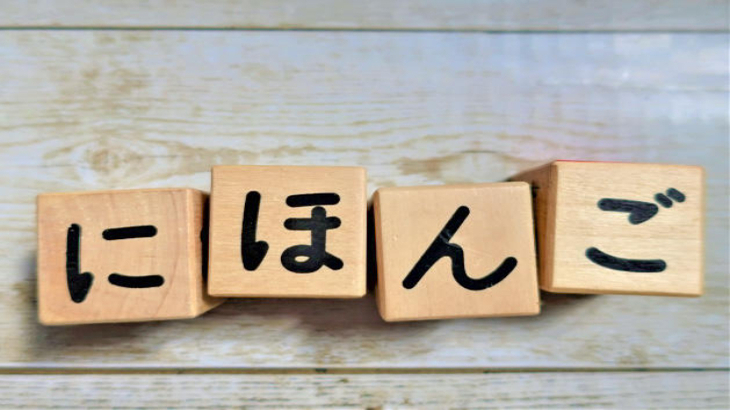
Understanding further about the job
When working in a foreign country, you will need to understand more about the job you are doing. Therefore, researching the job you will be doing is extremely important. In foreign countries, the processing and manufacturing of goods follow very specific and strict procedures. You need to pay attention, as otherwise, you may encounter unwanted incidents. To feel more secure, before participating in internship interviews, you should do further research or purchase books related to the field you are applying for and learn more about it. Solid expertise will help you easily impress the interviewer.
In addition, you also need to prepare mentally. When working for a business in another country, besides adhering to the company’s regulations, employees also need to actively integrate into the culture, way of life, and laws of that country. If you don’t understand the culture and customs of Japan, for example, you can learn more about them on the Internet or connect with predecessors who have lived and worked in Japan, they may give you countless useful advice.
Prepare your health
Health is the top factor that Japanese factories and unions set for candidates when participating in internship programs in Japan. To be accepted, the employee’s health examination results must be good and certified by a Vietnamese health agency licensed according to the standards of the Japanese embassy.
The Ministry of Labor, Invalids and Social Affairs has regulated 13 infectious diseases prohibited from export. If a worker contracts any of these diseases, they are not eligible for the Japanese internship program. The details of the 13 groups of diseases banned from entering Japan by the Japanese government are as follows:
– Neurological diseases group: Movement disorders, brain tumors, spinal muscular atrophy, etc.
– Cardiovascular diseases group: Congenital heart disease, coronary artery disease, heart valve defects, etc.
– Gastrointestinal diseases group: Hepatitis, peptic ulcer disease with pyloric stenosis, gastrointestinal cancer, etc.
– Respiratory diseases group: Bronchial asthma, pleural effusion, pulmonary fibrosis, etc.
– Endocrine diseases group: Diabetes, adrenal gland tumors, hyperthyroidism, etc.
– Genitourinary diseases group: Sexually transmitted diseases, ovarian cysts, bladder cancer, etc.
– Mental health diseases group: Hysteria, schizophrenia, mood disorders, etc.
– Ophthalmic diseases group: Macular degeneration, conjunctivitis, glaucoma, etc.
– Dermatological diseases group: Psoriasis, skin tattoos, HIV/AIDS, etc.
– Renal and urinary diseases group: Acute and chronic nephritis, multiple kidney tumors, urinary stone disease, etc.
– Musculoskeletal diseases group: Stage 3 spinal degeneration, osteomyelitis, ankylosing spondylitis, etc.
– Ear, nose, and throat diseases group: Pneumothorax, respiratory tract obstruction, pneumonia, etc.
– Maxillofacial diseases group: Facial deformities, oral and maxillofacial cysts, and tumors, etc.
Tips when participating in intern interviews
Attitude
Based on experience from Japanese internship interviews, having an enthusiastic attitude will help you “score points” in the eyes of recruiters. Especially, the Japanese are renowned for their meticulous work ethic. They are always punctual. Therefore, before each interview, aim to arrive early, around 10-15 minutes, to be in the best prepared mindset.
Appearance and outfit
Obviously, you cannot participate in such an important interview wearing mismatched clothes and having green or red hair. Japanese people are very concerned about the appearance of job applicants, so to avoid early disapproval from the recruiters, you need to pay attention to your attire and hair when going for an interview.

Appearance:
– Hair: Neatly trimmed, no bangs covering the forehead, hair should not be cut too short. Note: Hair should not be messy, and no dyeing is allowed.
– For males: No long beard is allowed.
– For females: No long fingernails, no wearing of jewelry or watches, no bringing of phones into the interview room, hair should not cover the face.
Outfit:
– Clothing: You can wear the company uniform, or wear a white dress shirt and dress pants, which will show the recruiter that you have prepared meticulously for the interview. Furthermore, wearing a white dress shirt will make you look much neater and more formal compared to choosing everyday work clothes. Absolutely do not wear shorts or T-shirts to the interview.
– Shoes: It’s recommended to wear soft sports shoes for both men and women.
During the interview process
This is an issue that workers need to pay special attention to when conducting interviews for Japanese internships. Therefore, it’s important to master the following rules:
– Knock on the door. Enter only after being invited by the interviewer.
– Open the door and step into the room, facing the interviewer, gently smile, and say “Shitsureishimasu” (Excuse me), while bowing at a 45-degree angle.
– Sit down with a relaxed posture but adhere to the following principles:
- Sit up straight.
- Avoid resting your chin on your hand.
- Do not lean back in the chair.
- Avoid shaking your thighs or feet.
- Keep your upper body straight similar to when standing.
– Clearly and fluently answer the interviewer’s questions.
Also, research the company and ask questions during the interview. These questions will help you understand more about the job and the organization you are trusting in Japan.
– When the interview ends, do not leave the room immediately. Stand up and don’t forget to express gratitude before standing up. This will show your professionalism and help you make a good impression on the interviewing organization.
Advice
Besides the preparations mentioned above, you need to pay attention to the following points to make it easier to conquer your “dream to Japan”:
Firstly, ensure that your Japanese language proficiency is sufficient to answer interview questions in Japanese, especially the most common ones. The way you communicate is also crucial while responding.
Secondly, try to use idiomatic expressions when conversing. Idioms can help you appear more humble and grateful towards the other person.
Thirdly, Japanese people highly value modesty. Therefore, it’s not necessary to showcase all your abilities or boast about your achievements. Japanese prioritize actions over words.
Additional tips
In addition to the above tips, candidates participating in the skills trainee exam also need to pay attention to a correct understanding of the skills internship regime, its purpose and benefits.
Besides, you need to learn in advance the necessary rules in life in Japan to avoid unnecessary risks.
Then, you need to be especially financially prepared. Because to be able to work abroad, finance is an indispensable factor. You must have a solid financial foundation to convince the unit to accept labor. You can learn more through the consultants as well as the guidebook provided by the labor receiving unit for more details.
Summary
When participating in technical internship exam, there will be many things that interns need to note and prepare for. Hopefully the above suggestions will help you in the process of participating in the skills internship exam. Try your best, success will come to you!
